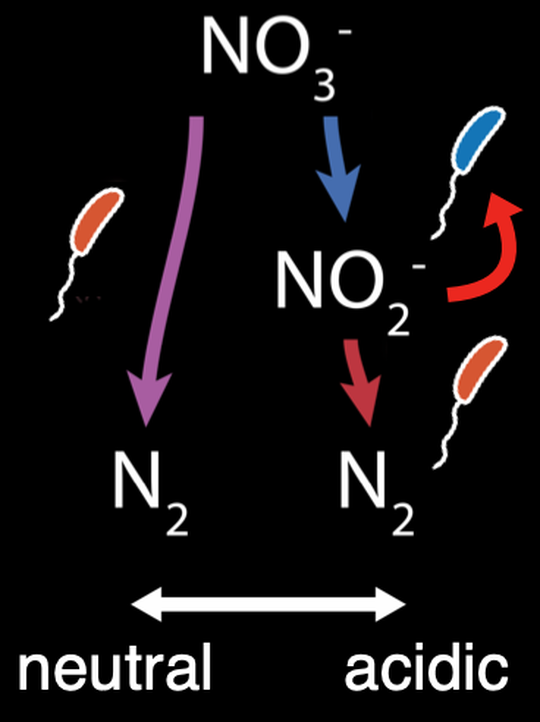Kyle Crocker
Postdoctoral Fellow
The University of Chicago
Microbial communities are critically important biological systems, with ubiquitous impacts from human immunity to the global climate. The rapid improvement of sequencing technology over the last two decades was expected to give rise to a predictive microbiome science to facilitate design and control of these vital systems. However, building a predictive approach robust to the complexity of microbial communities in the wild remains a challenge. My research seeks to address this challenge by discovering simplicity in the structure of interactions in wild communities, employing a combination of statistics, experiments, and mathematical models. I expect that this low-dimensional interaction structure will provide a simple description that bypasses species-level complexity to foster a predictive understanding of these communities.
I am currently a Schmidt AI in Science Postdoctoral Fellow at the University of Chicago, advised by Seppe Kuehn in the Department of Ecology & Evolution and Center for Living Systems. Before beginning as a postdoc, I was a graduate student fellow at Ohio State, where I completed a PhD in physics with Ralf Bundschuh. My work in the Bundschuh lab focused on the use of statistical physics to build computational models of DNA-based systems.
UPDATES
- January 2025: Two new preprints are out! One with Abby Skwara and Rathi Kannan examining microbial functional guild response to environmental fluctuations, and another with Xiaowen Chen on inferring interactions in these fluctuating environments.
- July 2024: Environmentally dependent interactions shape patterns in gene content across natural microbiomes is published in Nature Microbiology!
- June 2023: Our preprint on the way that simple interactions drive patterns in the global topsoil microbiome is out now! Twitter thread here.
- March 2023: Check out my talk at APS!
